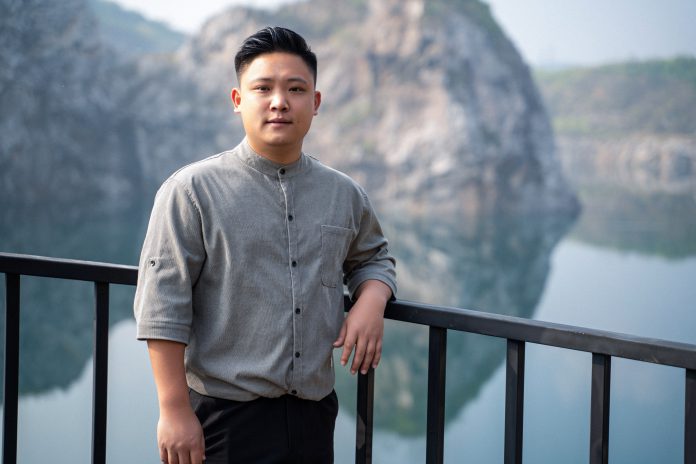Turning an abandoned mine into a viral ¥68 million café, young people in China turn a remote village into a touristy spot.
By Christine Ge
After turning an abandoned Anji mine pit in Zhejiang Province into a cafe with a splendid natural view, the owner Cheng Shuoqin is now setting his eyes on an even bolder project by transforming a nearby forgotten landfill into a rural cultural park with inspiration from ancient oracle bone script.
In three years, the café has earned RMB ¥68 million (US $9.38 million) and serves as a “photo studio” for thousands of visitors during weekends. All want to take a picture with a cup of coffee and magnificent scenery as the backdrop.
During public holidays, visitors even need to queue for two hours to get into the café to enjoy the best view and take the most stunning photos.
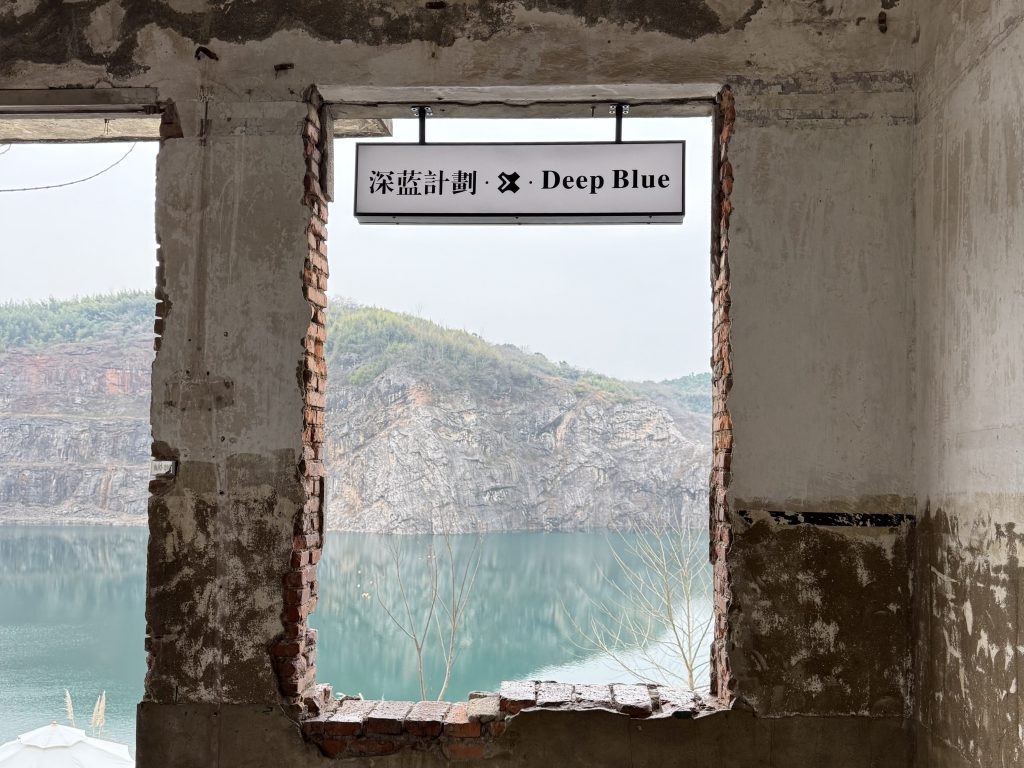
“We are trying to create a space that can connect people, nature, and emotions,” Chen says, explaining why the café is established on a once-abandoned quarry pit.
“People do not take a two-hour-long drive to a rural area simply for a cup of coffee. We turned our café into a large outdoor photo studio, a place for young people to take beautiful photos that are liked and shared by their friends so that they feel more emotionally bonded,” he says.
By paying RMB ¥68 (US $9.4), a customer can get a cup of coffee and a ticket to the fantastic view of the serene location.
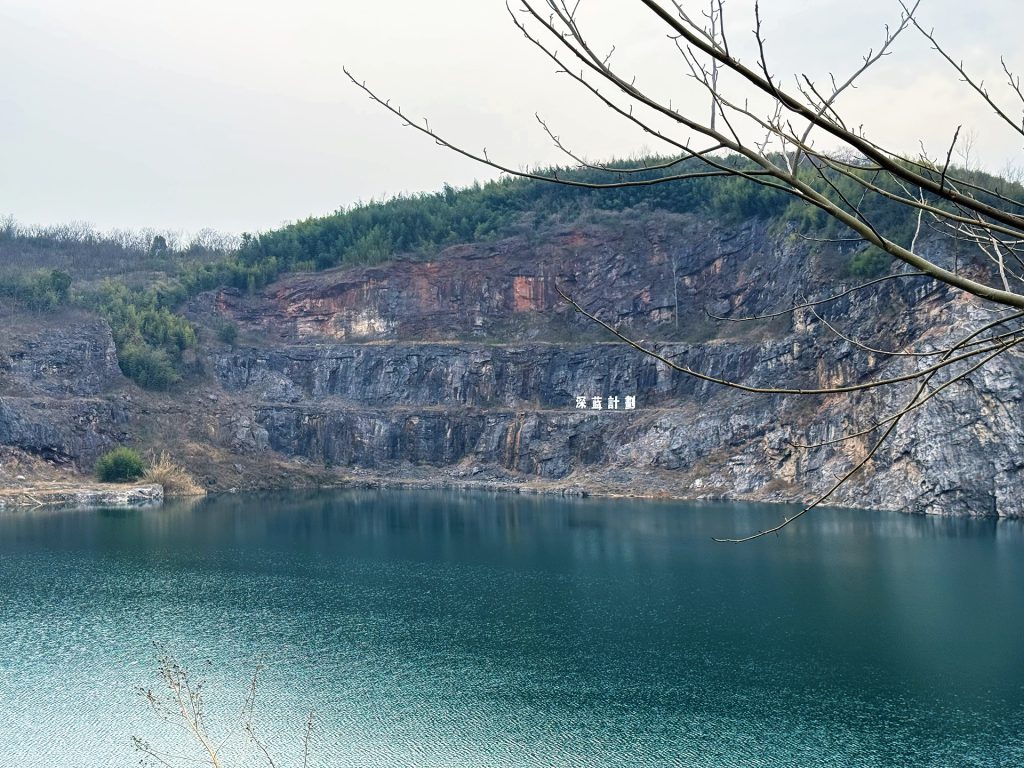
Yet Cheng’s ultimate goal extends beyond profit, he aims to redefine rural China as a stage for youth innovation while reviving a forgotten landscape.
“There are countless neglected resources in the countryside. Through creativity, they can become attractions that draw millions of tourists to visit not just once, but a hundred times,” the 31-year-old owner says.
While the café is now popular in China, Cheng is developing a bigger project, a series of cultural and tourism landmarks in the name of Deep Blue to promote his hometown, Anji County.
One of the first moves is to transform an abandoned landfill, just a 30-minute drive away from Deep Blue Cafe, into a cultural park.
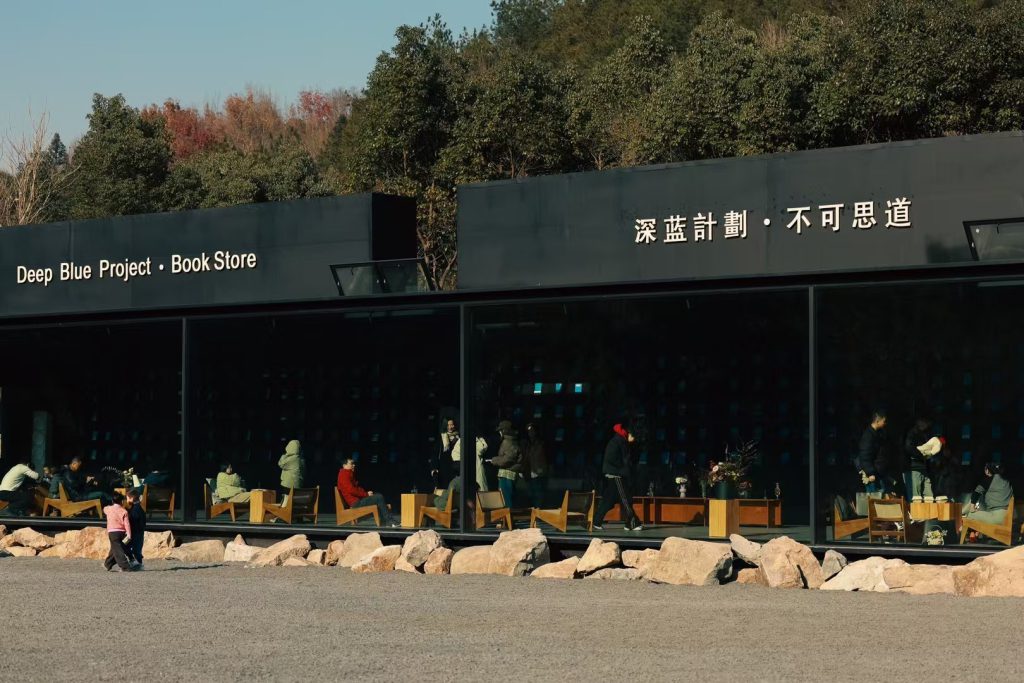

(Photo courtesy of Deep Blue)
“In the park, we have incorporated more cultural content such as a library, an art gallery, and a building inspired by the oracle characters of the word ‘Anji’. We hope that through design and creativity, more people can see the beauty of this county,” he says.
Cheng’s café and the future park are inspired by a trend that people long to “escape the big cities” after the pandemic in 2022, with more people flocking to rural areas for outdoor experiences.
Before being a café owner, Cheng was a teacher in a Hangzhou elementary school for two years. He quit in 2021 as he realized he had no passion for teaching and could not stand the repetitive day-to-day life.
Back in his hometown, Cheng started the café business with a few friends. All of them were university graduates, and some were from Zhejiang University and Fudan University, who grew tired of city life.
“Young people like me were craving escapes that blend nature with social connection,” he says.
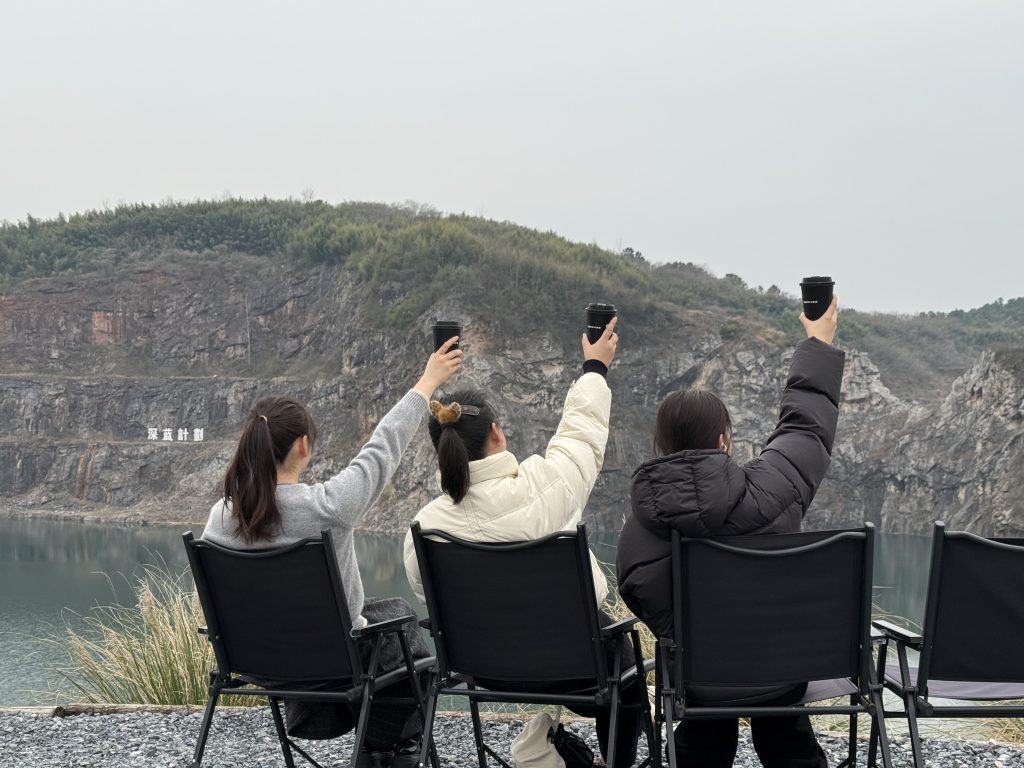
With a tight budget, they wanted to get the café unveiled within a short time once they obtained the government’s approval. In just 18 days, they managed to welcome their first customer on the May Day holiday in 2022.
The officials and residents in Hongmiao Village, where the café is located, offered lots of help. They have established a profit-sharing model which they offer the café the land in exchange for job opportunities and tourism revenue.
The villagers and the village authorities take up 49 per cent of the café’s share, whilst the café owns 51 per cent.
Since its opening, the café has quickly become viral on social media and has become a benchmark for rural revitalization programs.
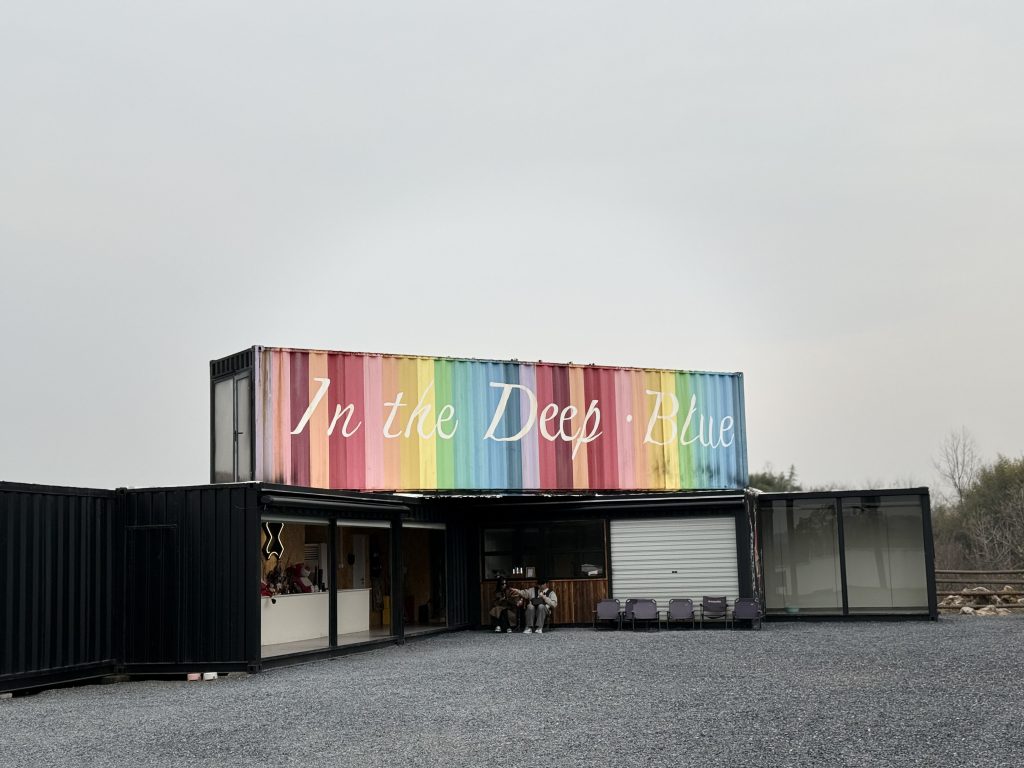
“We have received a lot of support, such as help from the local government and publicity from official media such as CCTV, which has made the café more well-known to the public. We try to give back to local residents, such as providing jobs and profit opportunities in return,” he says.
“An old lady selling shaobing, a flaky round flatbread, outside of our café earns up to RMB ¥20,000 (US $2721) daily during peak seasons. Nearby villagers have opened restaurants too. They’re happier when we’re busy,” Cheng notes.
As one of the rural entrepreneurship pioneers, Cheng is cautious about romanticizing having business in the countryside.
“The countryside is an arena, but don’t blindly plunge into entrepreneurship,” he warns.
He encourages graduates to explore diverse roles. “You can innovate agriculture, promote cultural heritage, or use tech to solve rural issues. We need thinkers, not just coffee sellers,” he says.
Pointing out that people should explore opportunities not only in big cities but also in rural areas, Cheng says, “If we stop viewing the countryside as a ‘Plan B’ and start treating it as a canvas, young people can write entirely new stories here.”
Edited by Angel Yu
Sub-edited by Yika Ng





































